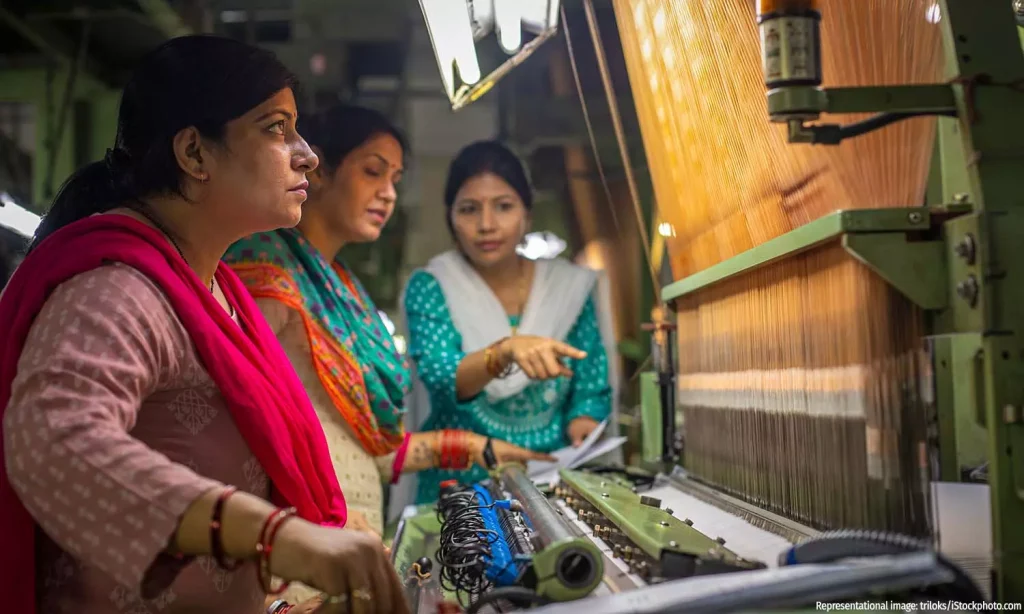Context:
The Chief Minister was presented with the Women Economic Empowerment (WEE) Index, a landmark report developed by the Planning Department in collaboration with the Udayati Foundation.
More on News:

- The index aims to evaluate the impact of government schemes on women and promote gender-inclusive, evidence-based policymaking across Uttar Pradesh.
- The Women Economic Empowerment (WEE) Index covers all 75 districts of Uttar Pradesh and evaluates performance across five key parameters:
- Entrepreneurship
- Employment
- Education and Skill Development
- Livelihood
- Safety and Transportation Infrastructure
- The index offers valuable insights into which districts are successfully delivering benefits to women and highlights areas where focused interventions and policy support are needed to enhance gender-inclusive development.
- The WEE Index will be integrated into the Chief Minister’s Control Room to enable real-time monitoring of women’s empowerment initiatives across the state.
- Departments have been directed to treat the index as a core tool for policy formulation and outcome tracking. They are expected to develop concrete, actionable plans grounded in the index findings, ensuring that women’s empowerment becomes a strategic priority within their respective domains.
- District-level strategies must be crafted to localize the impact of state-run schemes, ensuring that benefits effectively reach women at the grassroots level.
- The Chief Minister directed that targeted campaigns be launched under the ODOP Margin Money Scheme in Banda, Jalaun, Jaunpur, Mahoba, Shravasti, and Sitapur, with a focus on enhancing women’s inclusion and participation in economic activities.
- To promote greater participation of women in the workforce and governance, the Uttar Pradesh government has directed that recruitment drives for home guards and teachers follow the model used in police recruitment, with priority given to women candidates.
- The government emphasized the need to increase women’s enrollment in technical institutes, vocational training programs, and skill development centers.
- It has proposed setting up ‘Re-enrolment Units’ in every district to help women who have dropped out of educational or training courses return and complete them.
- Recognizing the potential of the healthcare and service sectors, the government highlighted the role of paramedical institutes in advancing women’s careers.
- It called for expanding women’s roles in public transport by training and supporting them as drivers and conductors, backed by dedicated infrastructure and resources.

